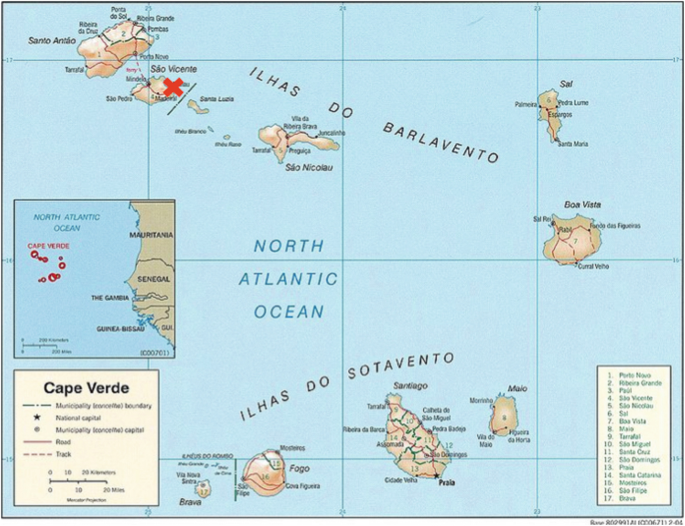Sage Academic Books - Web Social Science: Concepts, Data and Tools
Por um escritor misterioso
Descrição
lt;p>This book provides readers with a comprehensive guide to the theory and practice of Web Social Science. It demonstrates how the Web is being used to collect
This book provides readers with a comprehensive guide to the theory and practice of Web Social Science. It demonstrates how the Web is being used to collect social research data, such as online surveys and interviews, as well as digital trace data from social media environments, such as Facebook and Twitter. It also illuminates how the advent of the Web has led to traditional social science concepts and approaches being combined with those from other scientific disciplines, leading to new insights into social, political and economic behaviour.Situating social sciences in the Digital Age, this book gives you the opportunity to:understanding of the fundamental changes to society, politics and the economy that have resulted from the advent of the web; choice of appropriate data, tools and research methods for conducting research using web data; learning how web data are providing new insights into long-standing social science research questions; appreciation of how social science can facilitate an understanding of life in the Digital AgeOriginal and timely, this book will be of immense value for students and researchers throughout the social sciences. It will also be an important resource for students and researchers from information science, computer science and engineering who want to learn about how social scientists are thinking about and researching the Web.
This book provides readers with a comprehensive guide to the theory and practice of Web Social Science. It demonstrates how the Web is being used to collect social research data, such as online surveys and interviews, as well as digital trace data from social media environments, such as Facebook and Twitter. It also illuminates how the advent of the Web has led to traditional social science concepts and approaches being combined with those from other scientific disciplines, leading to new insights into social, political and economic behaviour.Situating social sciences in the Digital Age, this book gives you the opportunity to:understanding of the fundamental changes to society, politics and the economy that have resulted from the advent of the web; choice of appropriate data, tools and research methods for conducting research using web data; learning how web data are providing new insights into long-standing social science research questions; appreciation of how social science can facilitate an understanding of life in the Digital AgeOriginal and timely, this book will be of immense value for students and researchers throughout the social sciences. It will also be an important resource for students and researchers from information science, computer science and engineering who want to learn about how social scientists are thinking about and researching the Web.
Web Social Science: Concepts, Data and Tools for Social Scientists in the Digital Age: 9781849204828: Ackland, Robert: Libros

Web Social Science: Concepts, Data and Tools for Social Scientists in the Digital Age
Used Book in Good Condition

The SAGE Handbook of Applied Social Research Methods

2022 Library Systems Report American Libraries Magazine

ESWRA
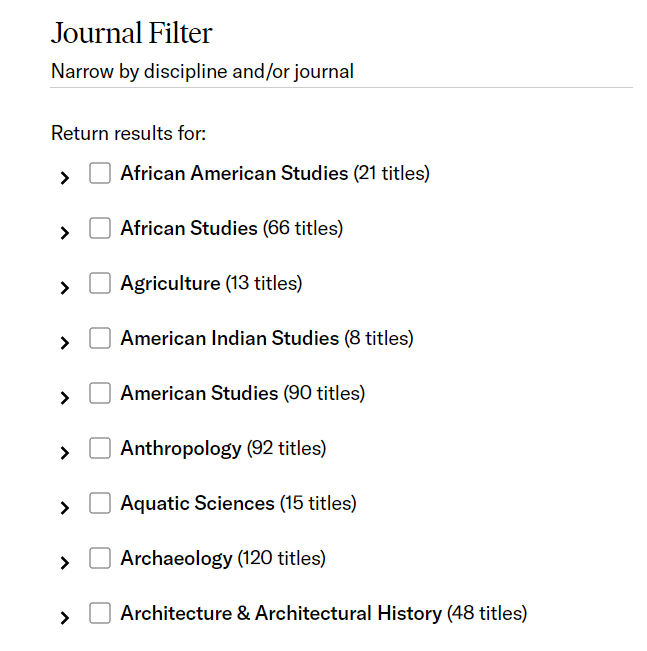
How to Find Sources Scholarly Articles, Books, Etc.
The SAGE Handbook of Social Science Methodology - Google Books

Sage LinkedIn

Top 20 Textbook Publishers in 2023: Ultimate List
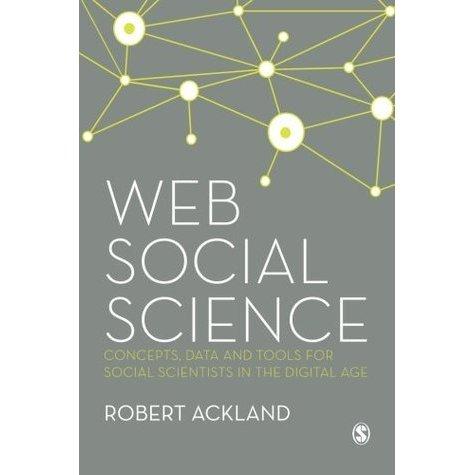
Book Web Social Science: Concepts, Data and Tools for Social Scientists in the Digital Age now published!
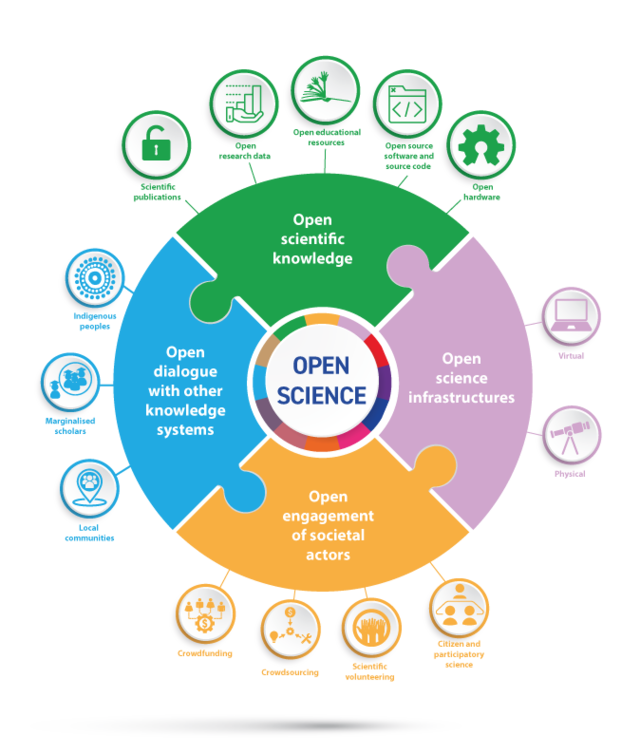
Open science - Wikipedia

9 Best Invoicing Tools For Digital Agencies Reviewed For 2024 - The Digital Project Manager
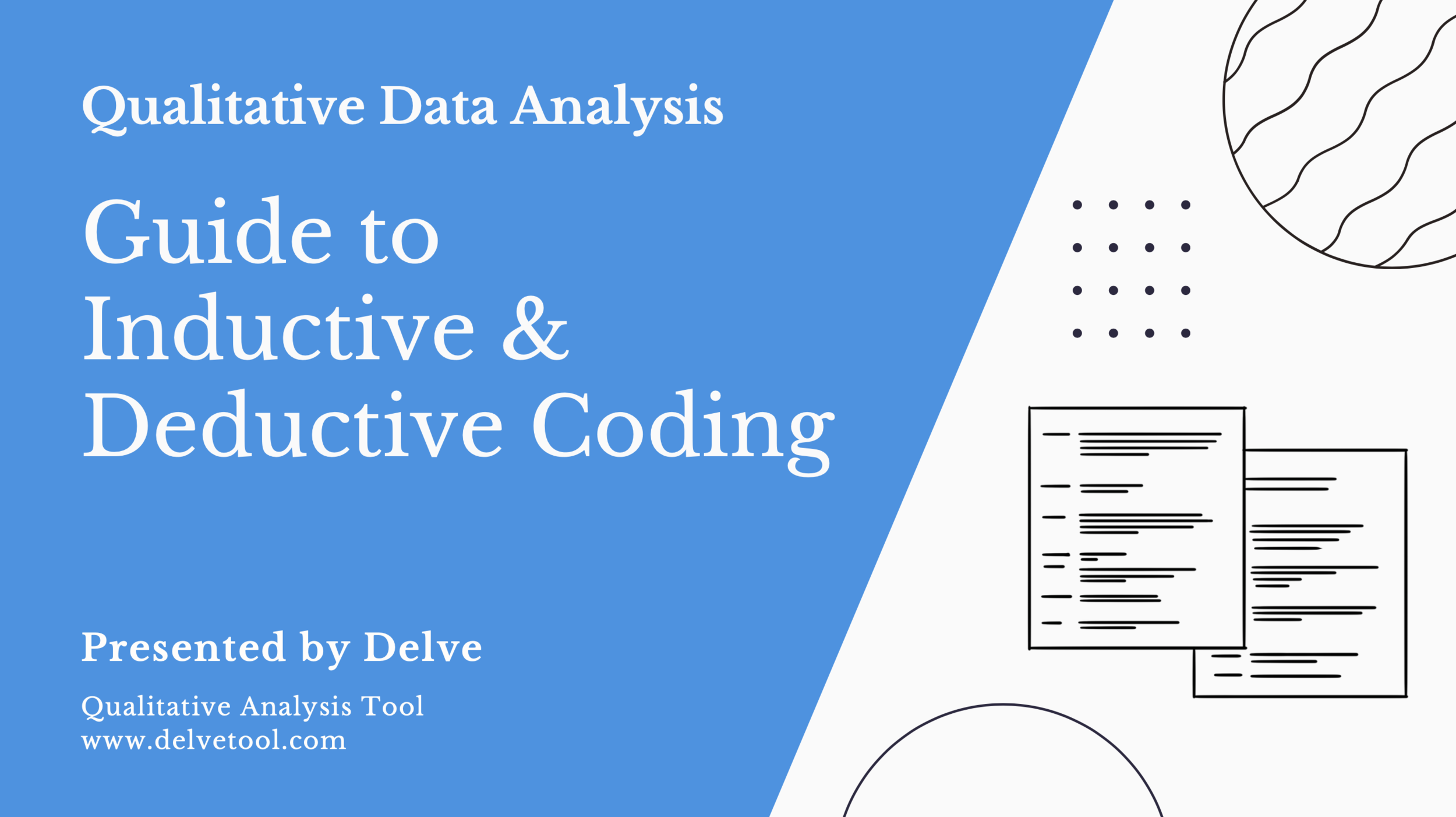
Deductive and inductive approaches to coding — Delve
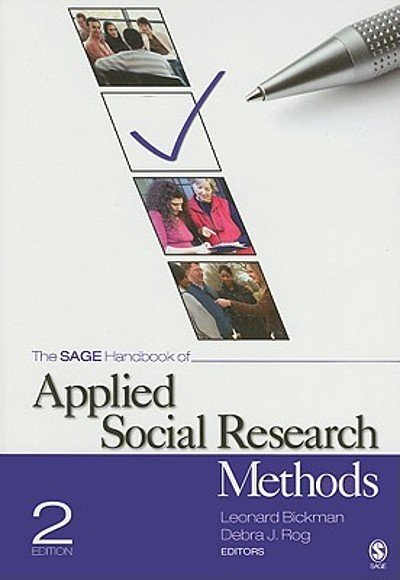
The SAGE handbook of applied social research methods
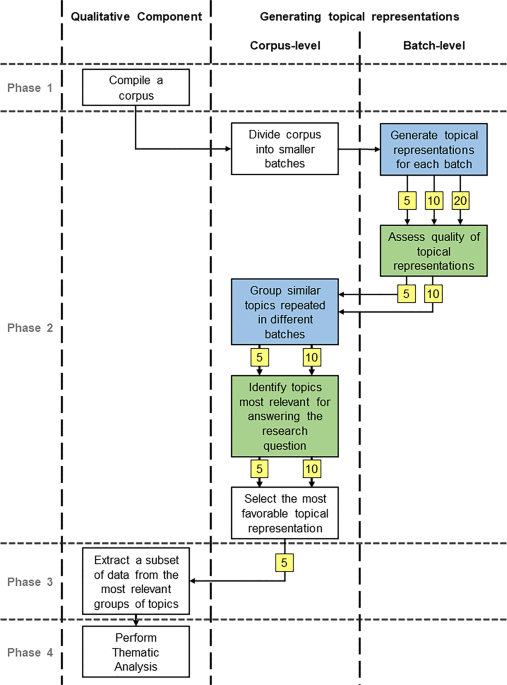
Analyzing social media data: A mixed-methods framework combining computational and qualitative text analysis

Best Books 2022: Top Picks From 56 Business Leaders
de
por adulto (o preço varia de acordo com o tamanho do grupo)



